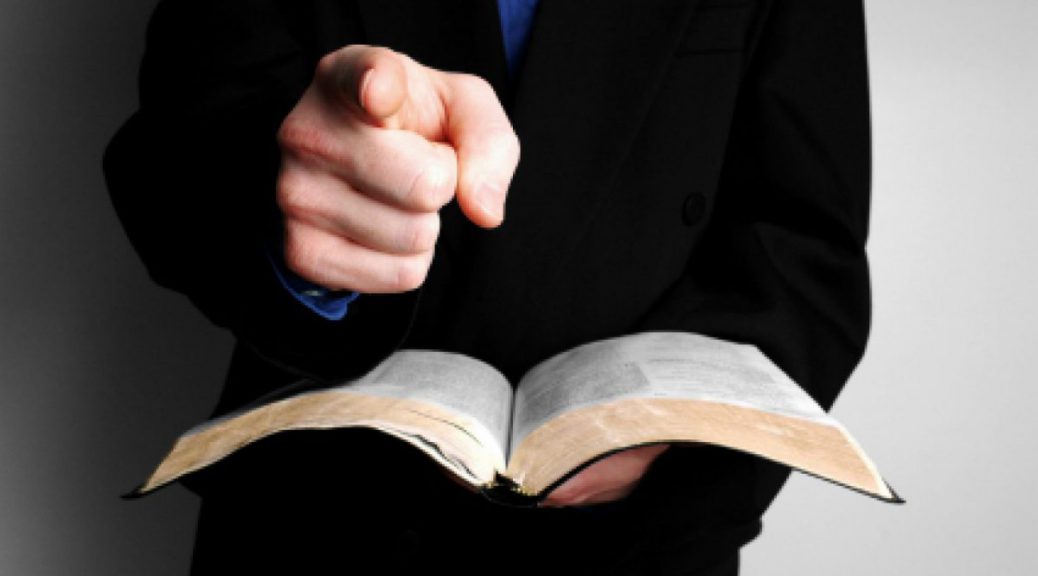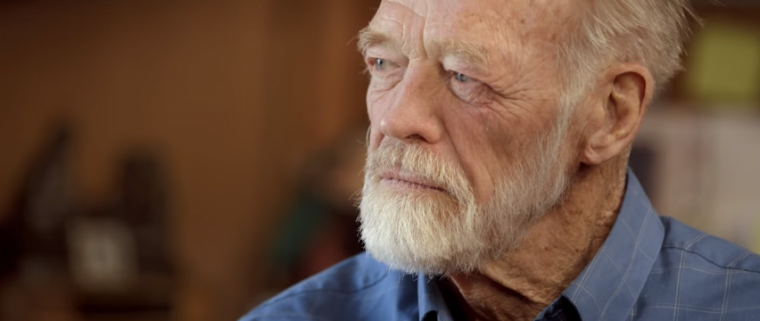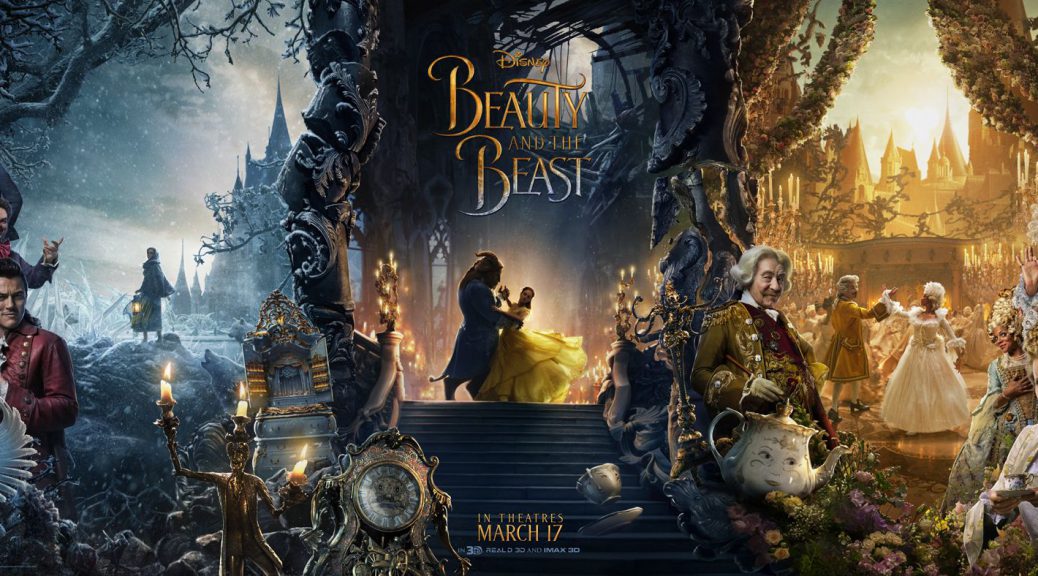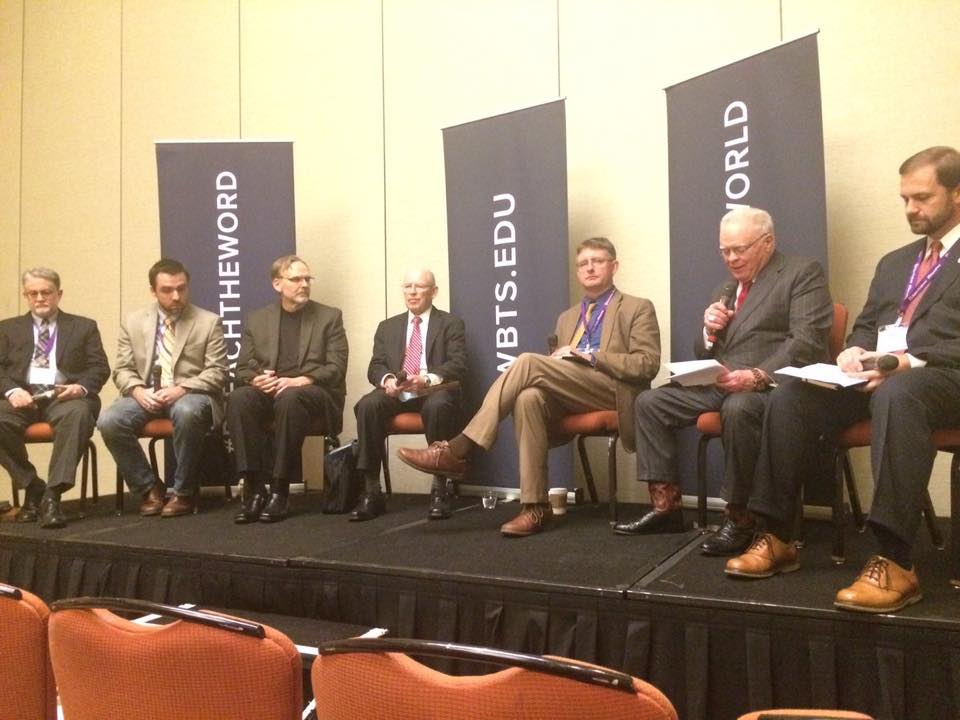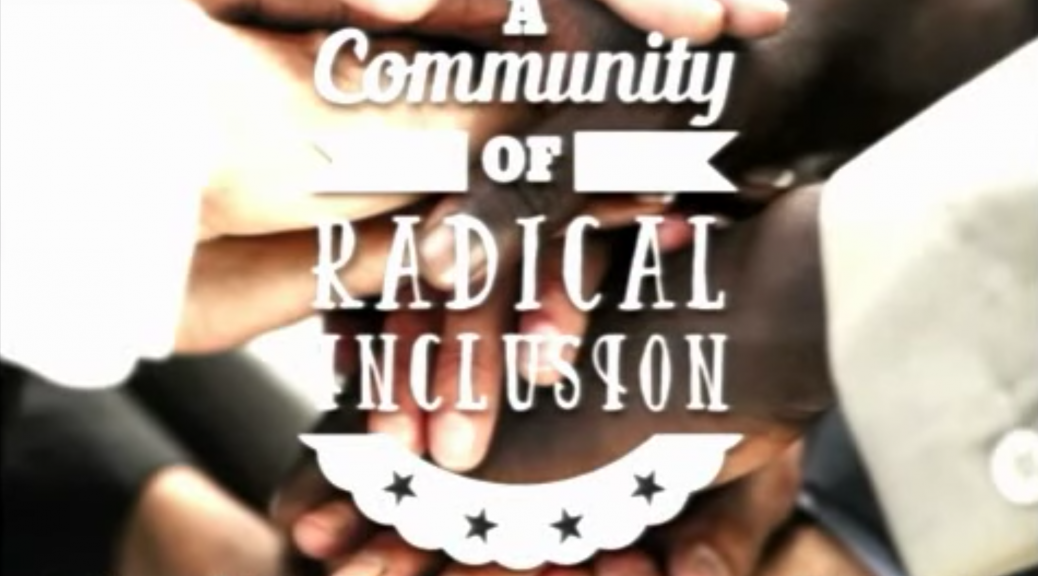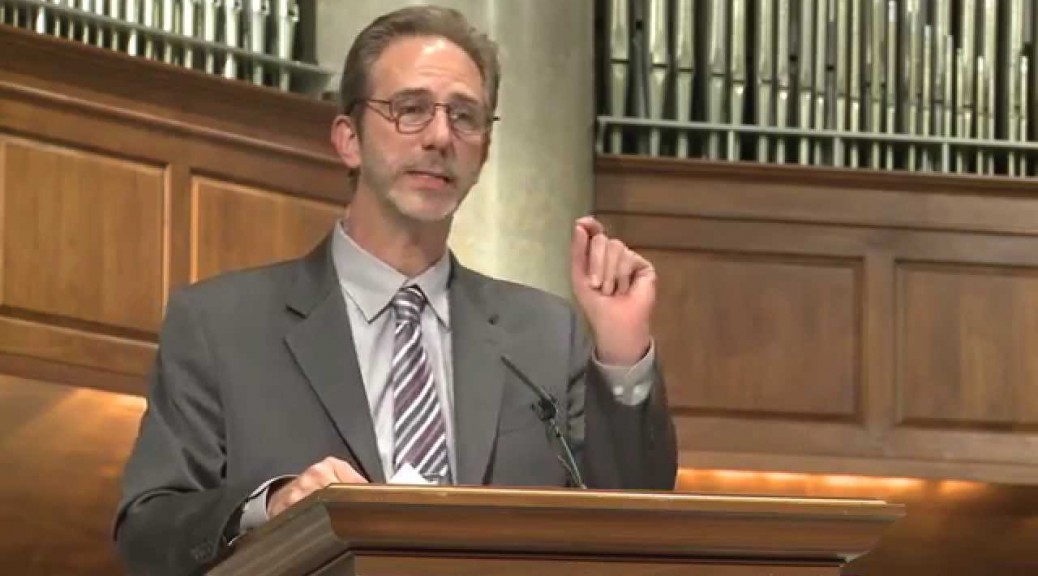I am glad I have found Chris Kratzer’s blog. I like the way he writes, and I like the way he thinks. That doesn’t mean I agree with everything he says – but then, I doubt he does either. But I like how he gets me to think.
His latest blog is about people who think they’re “engaging” with you by quoting the Bible. I think he’s spot on in his analysis of these people who are all over my social media feed. His conclusions is worth its weight in gold: “When Jesus referenced the Bible, He did so primarily to reframe it and reinterpret it through the lens of Grace, love, and Himself.” Ha.
The only thing I would add to Chris’s excellent article is that when someone throws a Bible verse at me, I quickly whip out my Bible and go back about 10 verses and start reading. I read through the verse they’ve just quoted at me, and read to the end of the next section of the Bible. Without even resorting to Greek or Hebrew or any attempt to look at the interpretation, almost always – with unfailing regularity – the point the person was trying to make by quoting an out-of-context verse can be refuted, repudiated or just scoffed by doing this. It really is one of my favourite things to do. It’s possibly slightly childish, and maybe not entirely helpful, but it proves the points Chris’s blog makes.
Read it and subscribe to Chris’s blog here, or read an extended extract below:
Continue reading Chris Kratzer: Maybe, Just Maybe, If You’d Stop Quoting The Bible At Me

